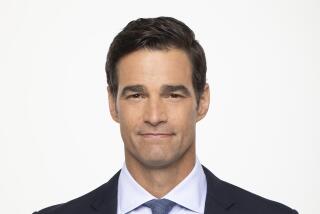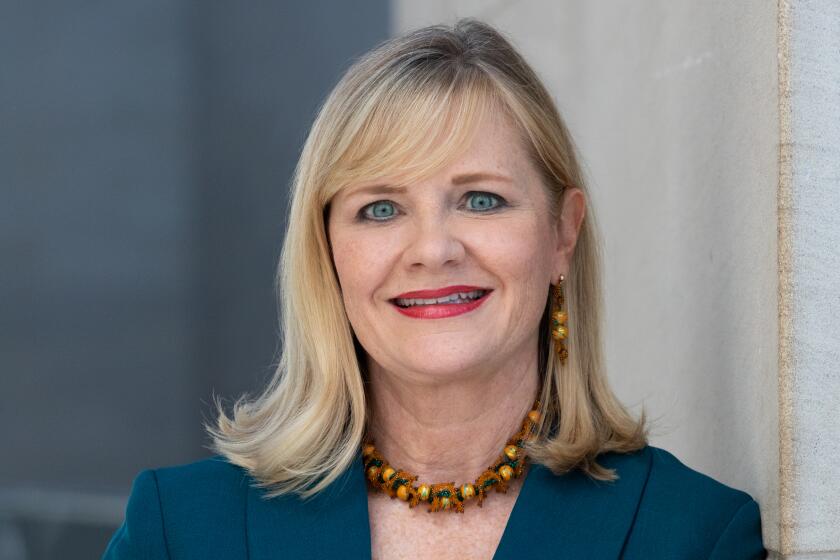L.A. Philharmonic Attends to Some Unfinished Business
As might anyone, composers have sometimes left unfinished business behind at their deaths. Beginning probably with the early fascination with Mozart’s deathbed Requiem, an almost cultic subgenre has grown up around these tantalizing fragments. Under guest conductor Heinrich Schiff, the Los Angeles Philharmonic bookended its latest program at the Dorothy Chandler Pavilion with two of the best known orchestral relics.
Mahler’s Tenth Symphony has been much with us lately, thanks to the widely acclaimed, Grammy-winning recording by Simon Rattle and the Berlin Philharmonic. It opens with a vast, yearning Adagio, which Mahler left fully orchestrated, and with which Schiff capped his imaginative program.
There are a lot of aesthetic and ethical questions about what such a fragment might represent in the way of completed thinking from the composer. What it represents--however out of context--for the listener today is another matter. It does find its way to repose, if not exactly resolution, and offers utterly characteristic and persuasive emotional and sonic indulgences.
Schiff’s reflective reading of the score Friday evening emphasized its essentially lyric core, however, rather than exaggerating its darker and more febrile aspects. There was urgency, to be sure, and an abiding, bone-deep intensity of expression. The piece calls for a virtual chamber orchestra of soloists, and concertmaster Alexander Treger, cellist Daniel Rothmuller, oboist David Weiss and the whole viola section were just some of the Philharmonic’s heroes on this occasion.
Far less convincing were the Allegro and Andante of Schubert’s “Unfinished” Symphony, which Schiff treated like Mahler Lite. Here, exaggeration was the rule--but with a sort of stiff control that made it sound calculated rather than passionately overwrought. Schiff brought out colorful woodwind details and enforced clarity, but the meticulous proceedings never transformed into magic.
Ensconced somewhat uncomfortably between these Romantic pillars was Beethoven’s Piano Concerto No. 1, in the quite capable hands of Stephen Kovacevich. Left to himself in Beethoven’s sprawling, eccentric first movement cadenza, Kovacevich could be boldly demonstrative; with Schiff and the Philharmonic he picked up the reserved courtliness of the preceding Schubert Andante. Until the finale, that is, which was pure unbuttoned, whoop-it-up ebullience on everyone’s part.
More to Read
The biggest entertainment stories
Get our big stories about Hollywood, film, television, music, arts, culture and more right in your inbox as soon as they publish.
You may occasionally receive promotional content from the Los Angeles Times.






